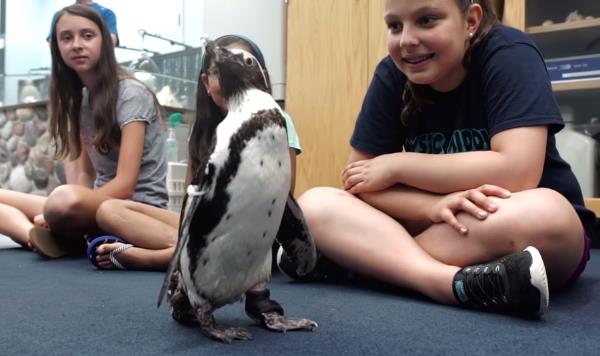
Watch An Injured Penguin Walk Again With A 3D-Printed Boot
In a rather heart-warming story, an injured penguin has been helped to walk again with a custom 3D printed boot.
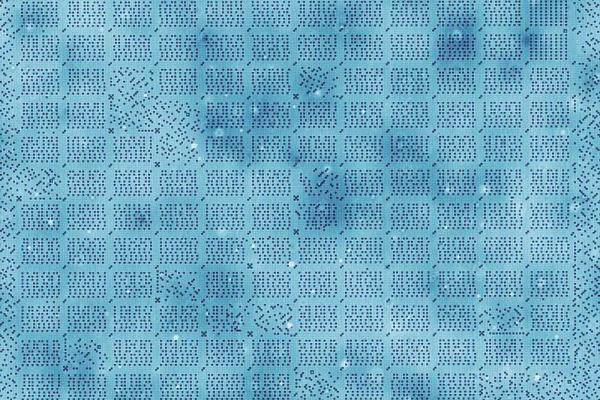
World’s Smallest Hard Disk Is The Size Of A Stamp - Writes Data One Atom At A Time
Scientists in the Netherlands have created the world’s smallest hard disk by inventing a breakthrough system capable of writing bits of information onto a single atom.
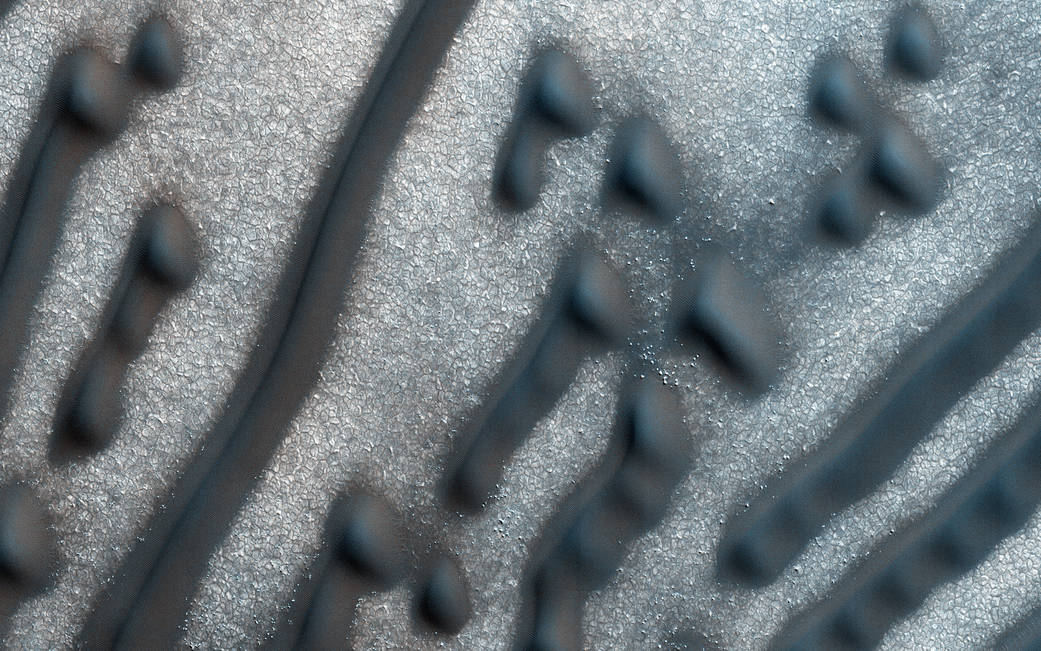
NASA Captures Bizarre Mars Sand Dune Patterns That Look Like Morse Code - Are Aliens Trying To Talk To Us?
NASA recently photographed some strange sand dunes on Mars, with patterns that looked like a message in Morse code. Obviously, conspiracy theorists nearly fell out of their chairs at the vague possibility of Martian existence!
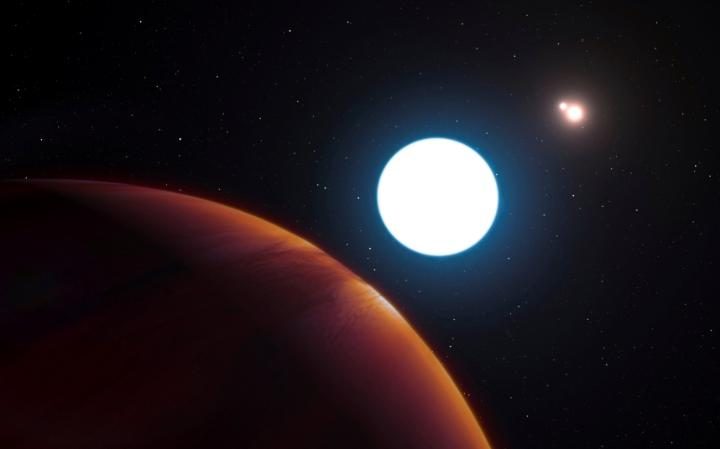
Scientists Discover Strange Planet Within Three Suns
A massive planet has been found more than 340 light years away, in a solar system that contains not just one sun, but three. That means this unique world experiences a sunrise and set three times every day!

All About Juno - NASA’s Spacecraft Reaches Jupiter To Explore Our Solar System Origins
After launching nearly five years ago, NASA’s Juno Mission will reach Jupiter - the most massive planet in our solar system - to find out exactly how the solar system was formed billions of years ago.

Comets Smell Disgusting, And Soon That Smell Can Be Yours
Have you ever wondered what a comet smells like? Of course you have, we all have. Well now, science has the answer. They smell like cat’s piss, as well as rotten eggs and bitter almonds. What exactly is that like, you wonder? Worry not, scientists are turning it into a perfume.

Scientists Have Invented A Machine That Can Read Your Mind… Sort Of
The human brain has eluded scientists in terms of how it actually works. Granted, we’ve got a general idea thanks to MRI machines, but a study led by the University of Oregon has got us even closer to the truth by using AI to read a person’s mind… sort of.
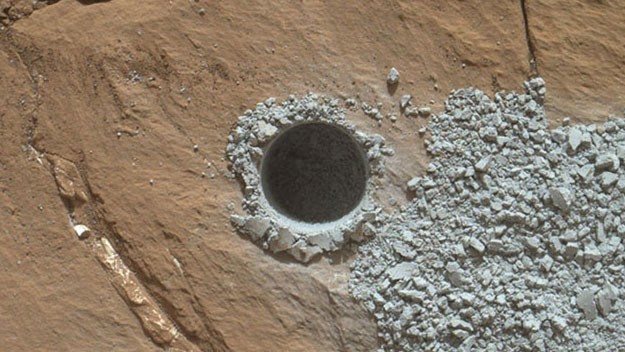
Mineral on Mars Plunges Its Past Deeper Into Mystery
The Curiosity rover has been doing some drilling on Mars, and what is has discovered has NASA scratching their heads. A mineral known as tridymite has been uncovered beneath the surface of Mars. And its presence raises far more questions than it answers.
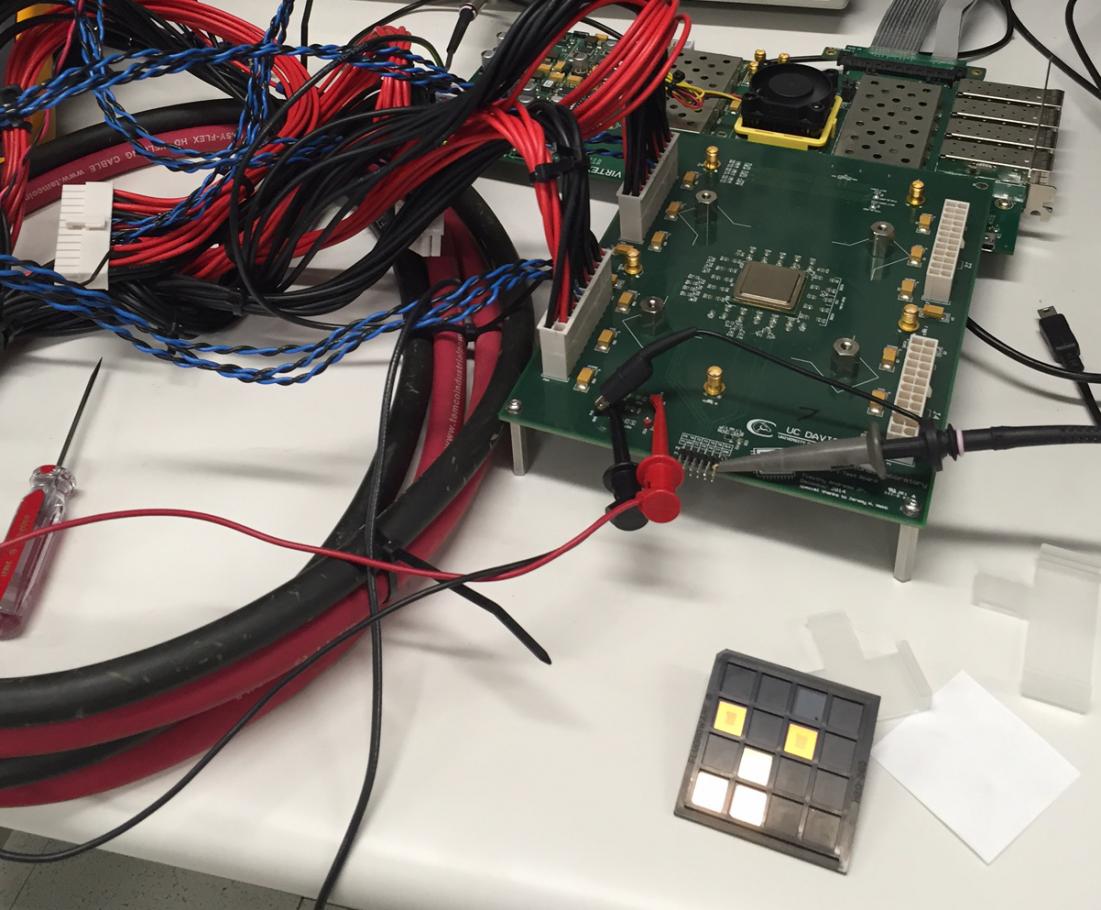
Researchers Build World’s First 1,000-core Processor
Here we regular humans are, bragging about processors ranging from 6-12 cores. But researchers at UC Davis have blown that out the water by developing the KiloCore – a CPU that (as the name suggests) packs 1,000 cores of punch!

Scientists Create A Quantum Simulator Capable of Entanglement
It’s everyone’s favourite misunderstood science, Quantum Physics! The National Institute of Standards and Technology (NIST) have created a quantum simulator. With it, they’re able to generate quantum entanglement in about 10 times as many ions as they ever have before.

Google and Oxford University Are Developing a "Kill-Switch" for Unruly AI
If you’re a person, the chances are that every time you hear a story about AI you think “but what about Terminator”. Turns out, the scientists are right there with you. DeepMind, the AI division of Google has teamed up with Oxford University to develop a “kill switch” for AI, should it become unruly in the future.

Planet X Killed the Dinosaurs, And It Would Do It Again
A few months ago, the mysterious Planet X aka Planet 9 was discovered. Despite that, it has yet to capture our hearts like its plucky predecessor, Pluto did. And now it seems unlikely it ever will. There is evidence to suggest that Planet X killed the dinosaurs, and one day it may well kill us too.
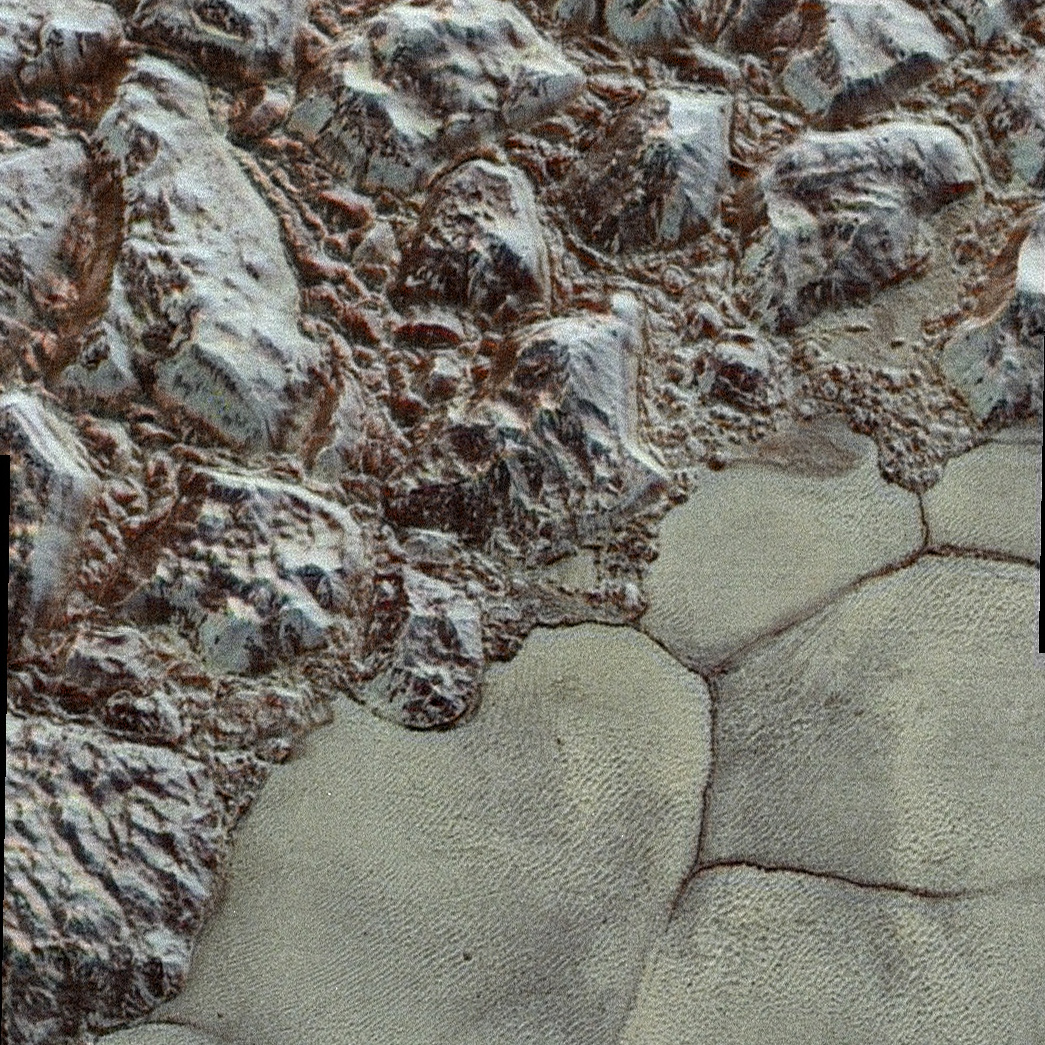
This is the Most Detailed Picture of Pluto You'll Ever See
Pluto is the most beloved celestial body in our solar system. For years, we’ve just wanted to get close to it. And now, we have. The New Horizons probe, which last year brought us some stunning images of Pluto, has delivered once again.

Slow-Mo Cameras Capture Lightning Like Never Before
Few natural phenomenon are as powerful and awe-inspiring as lightning. Molten flashes of plasma which sear the eyes and deafen the ears, lightning is as mysterious as it is beautiful. Researchers at the Florida Institute of Technology are using modern photography to try and discover more about this still largely-unknown entity.
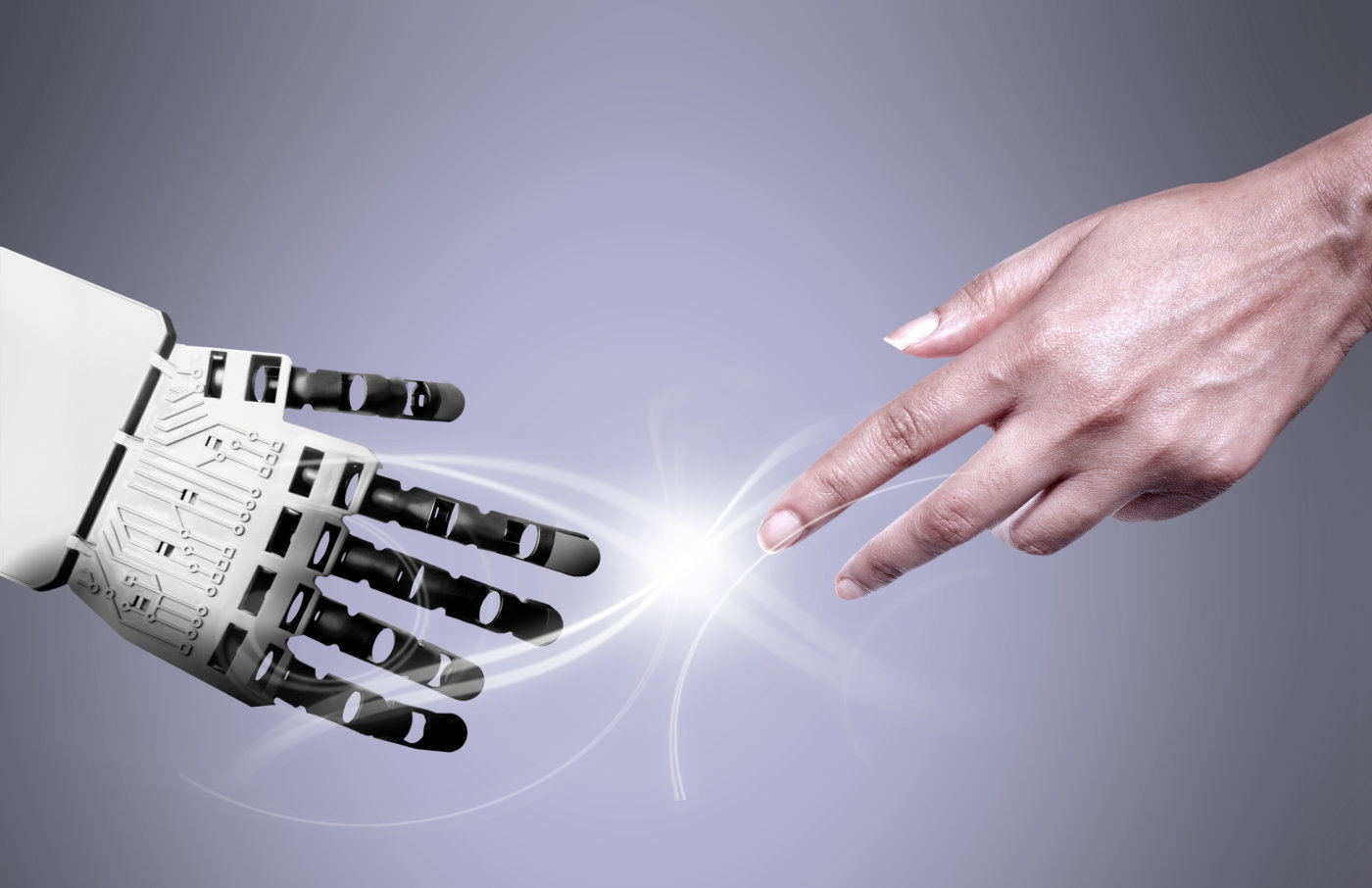
Robots Can Now Feel Pain, Thanks to German Scientists
Have you ever looked at the electronics in your life and thought “I wish I could hurt you”? Well soon, you can! Researchers from the Leibniz University of Hannover are working on a way to get machines to feel pain. Granted, their goal isn’t sadism, but rather preservation. They hope that by responding to the stimuli of pain, machines will get themselves out of harm’s way before they are damaged or broken.
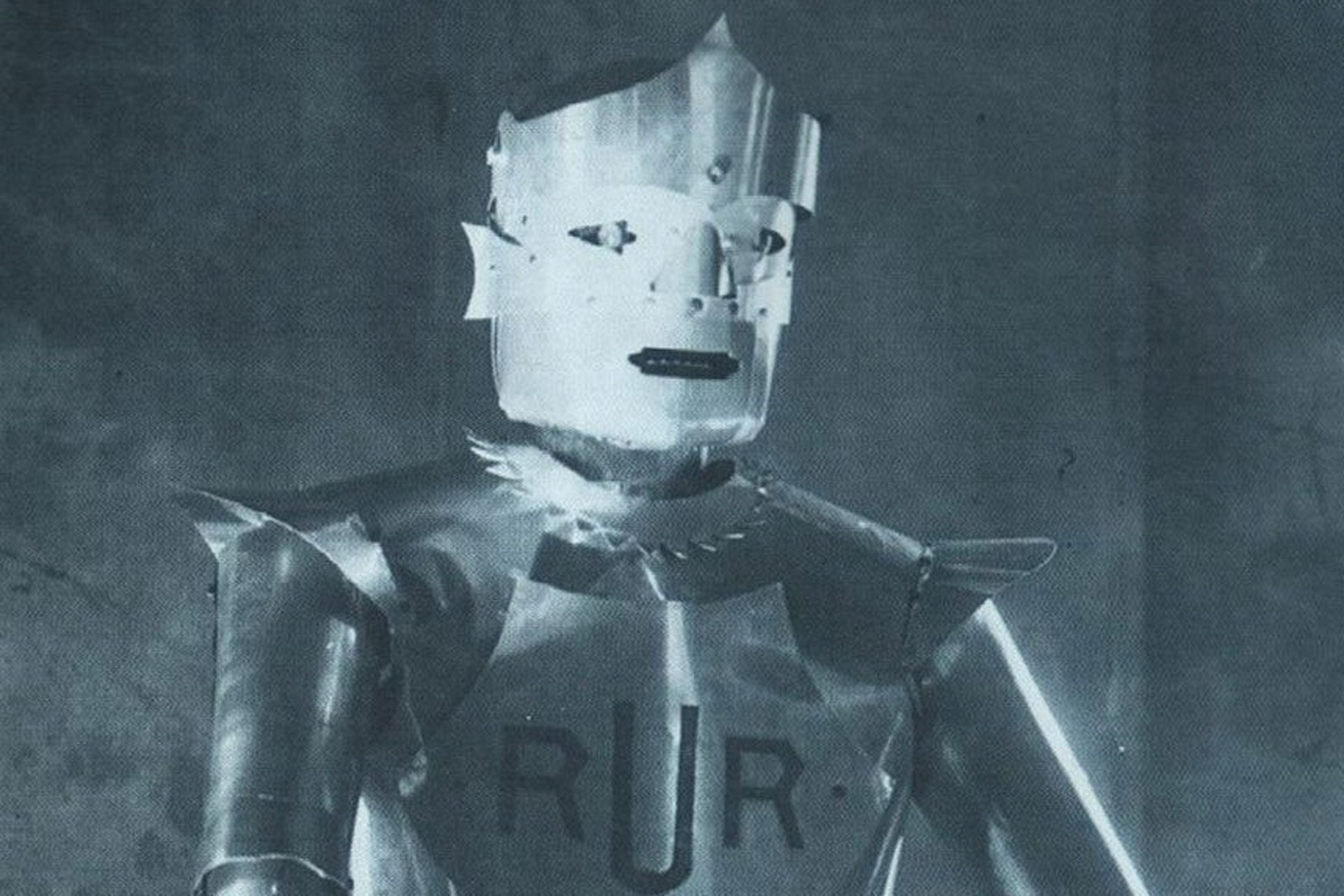
Kickstarter Needs Your Help Rebuilding The First British Robot
Robots walked among us in 1928. Well, one of them, anyway. Eric, created by British roboticists almost 90 years ago, wowed audiences the world over before his mysterious disappearance some time later. Now, curator Ben Russell is on a mission to rebuild Eric and restore a fascinating piece of cultural history. But he needs your help on Kickstarter to do it.

Oxygen Has Been Detected On Mars - Can We Go Now?
As you’ve probably seen, NASA has been exploring Mars for years now. But now in a potentially groundbreaking discovery, they’ve detected atomic oxygen in the Red Planet’s atmosphere for the first time in 40 years.

Mobile Phones Don't Give You Brain Cancer
You've probably heard the line "get off your phone, it'll give you brain damage" from your angry mum at one point or another. Well now, you have all the scientific ammo you need to laugh wildly in her face as you do a little dance and foam at the mouth. 30 years of study has finally shown that there is no link at all between mobile phone use and brain cancer.
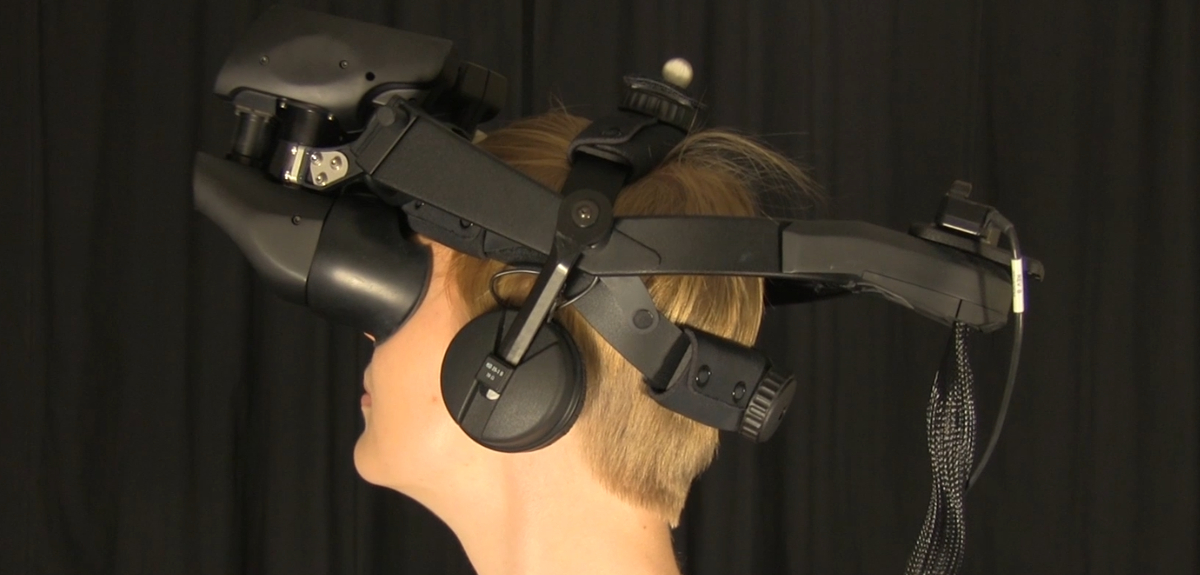
Scientists Start Treating Paranoia With Virtual Reality
If you thought therapy was the only treatment for paranoia, think again. An Oxford University study has found that use virtual reality to put patients in situations they fear is a far more effective solution.

Large Hadron Collider Has Potentially Found A Superpowered Mystery Particle. It Could Destroy Our Understanding of Physics
Last December, the Large Hadron Collider detected a massive spike of energy. The same blip has been observed several times since, making it far less likely that this is a fluke. It is possible we’re dealing with a particle the likes of which we have never seen. It is several times more powerful than the Higgs Boson. And it has the potential to shatter everything we know about the universe into tiny little pieces.

